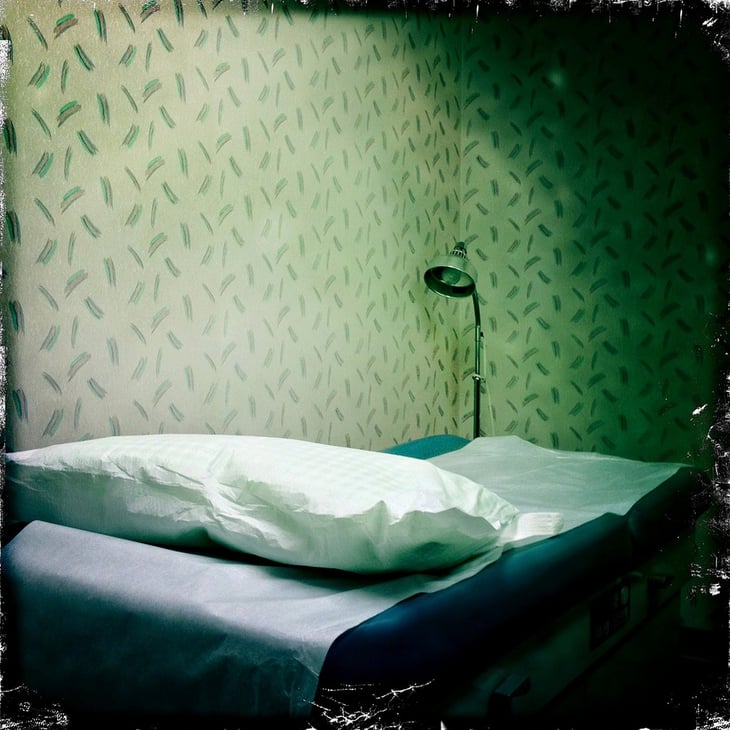Trigger Warning: Trauma re-enactment
I am 65 years old and a trauma survivor. When I entered therapy, I was labeled as having an adolescent adjustment reaction. Years later, the mental health label was changed repeatedly—from schizoaffective disorder to post-traumatic stress disorder (PTSD) and major depression and then later to dissociative identity disorder, paranoia, and bipolar disorder. It was clear to me that my trauma symptoms determined the diagnosis. I wanted a cure and a reduction of my symptoms, instead of a variety of methods to merely manage them.
My commitment to making therapy work was matched by the efforts of my therapist. She is a learner spirit and as tenacious as I am. Even so, it has taken a lifetime to arrive at an enduring sense of safety and freedom from the daily derailing of my consciousness by the intrusion of trauma memory content. Therapy changed as new knowledge of the impact of trauma emerged. I wondered if there was a way to combine therapies to improve the quality of my life and speed recovery.










